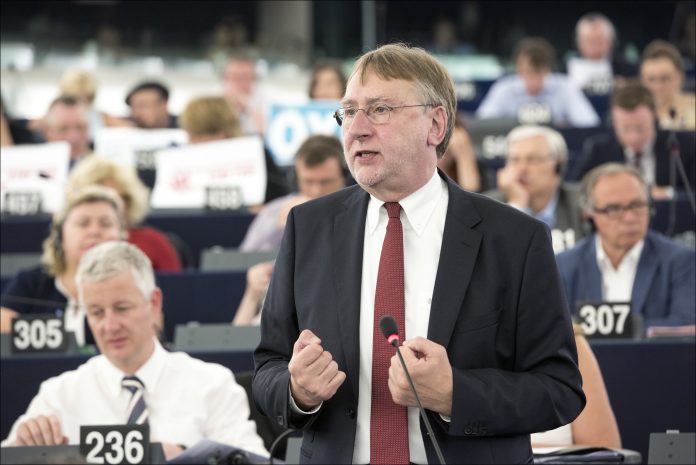Higher tariffs can be imposed on dumped or subsidised imports to better protect EU jobs and businesses, under an informal agreement struck by Parliament’s negotiating team and EU ministers in Brussels on December 5.
The agreed measures target unfair trade practices from non-EU countries and complement the recently approved anti-dumping rules focusing on third countries that interfere heavily in the economy.
“It is high time that we found an agreement on this dossier,” said International Trade Committee Chair, Bernd Lange (S&D, DE). “As parliament, we have achieved a lot. With the understanding on the continental shelf, we will close an important loophole in our legislation. We have streamlined our TDI system and in the future will actively pay attention to social and environmental standards when deciding on dumping duties.”
In negotiations, MEPs ensured that the EU is able to set higher tariffs on dumped imports and that investigations into anti-dumping cases would be significantly shorter. Also, costs for EU industry resulting from international and environmental agreements would be reflected in the calculation of the duties. And an SMEs help-desk would deal with complaints and investigative proceedings, while trade unions would be involved in investigations and assess the future duties.
“After four years of negotiations, we have finally reached an agreement,” said Parliament’s rapporteur Christofer Fjellner (EPP, SE). “Trade defence instruments are probably the most controversial part of trade policy. Together with the new anti-dumping methodology, we have modernised our trade defence so it is more effective, more transparent and puts SMEs on an equal footing with larger companies in investigations.”

